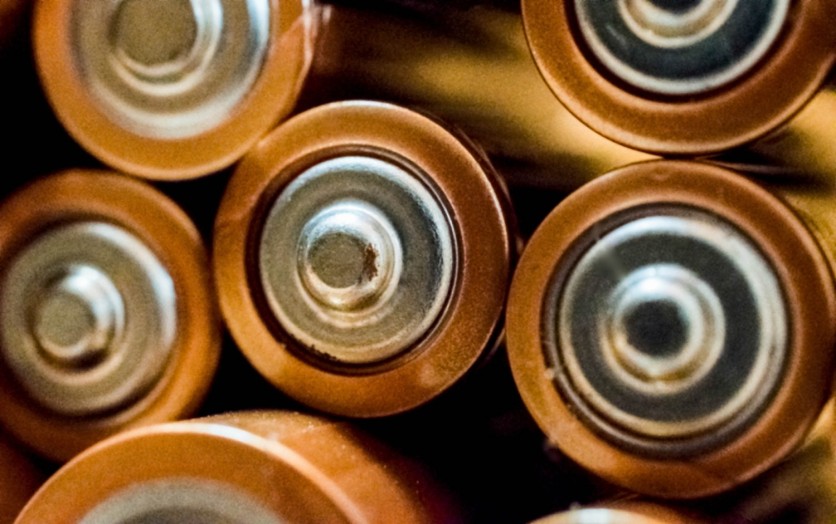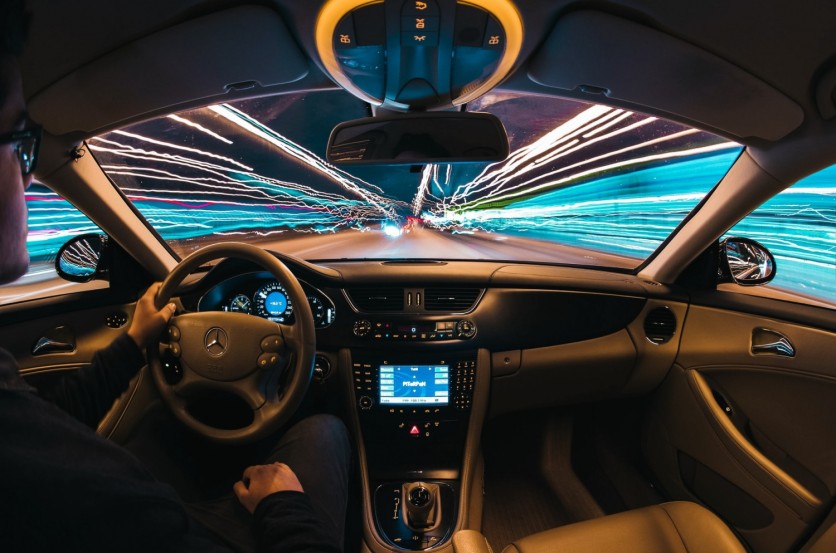Lithium-Ion (Li-On) batteries that are made from recycled components and materials are said to last more than their counterparts that were made with new cells, say researchers from the Worcester Polytechnic Institute in Massachusetts. The venture has allowed these researchers to see how potent the new battery is and, at the same time, bring a solution to the ongoing power crisis.
Old Components, New Battery Power for LiOn Cells

According to researchers from the Worcester Polytechnic Institute in Massachusetts, the research that they have recently published has discovered that old components from batteries can power new ones. The research entitled "Recycled cathode materials enabled superior performance for lithium-ion batteries" has seen its results and how interchanging the materials can bring a newfound glory for it.
The repeated use and charging of these recycled power cells show great promise with regards to the performance it delivers, as well as their longevity compared to regular ones. The Li-On cells with "virgin materials" perform less than these recycled ones, bringing a new direction and solution to the outstanding supply crisis.
Read Also : Battery-Free Electronics With Infinite Life May Arrive Soon! The New BFree System Might Make This Possible
Recycled Components Bring Out its Potency
The recycled components of the Li-On, as regarded by the research, are cost-effective and more environmentally friendly as it does not take raw materials from depleting sources. However, apart from that, it can also be a more powerful cell compared to the ones that were made with new materials, as seen in the study.
This could potentially mean that a solution is here, especially as the world sees a massive shortage.
Battery and Power Crisis Now

There is a battery and power crisis now, and it lies with the use of Lithium-Ion power cells that has a lot of raw materials needed before it can make a single battery for its creation. New Li-On power cells are becoming scarce by the minute, and this is because of the depleting sources of the element that is limited even when sourcing deeper into the Earth.
One of the leading electric vehicle manufacturers in the world, Tesla, is now looking at an alternative to its power cell technology, focusing on LFP or Lithium, Iron, and Phosphate elements for the cells. It was said that it is cheaper to produce and make for electric vehicles, an alternative to the long-used LiOn battery chemistry.
However, with the new research of the scientists, the change to the alternative could be avoided or solved, especially with the longer-lasting both in range and life, the recycled Li-On. It may not be adopted now, but bringing its study to battery manufacturers can help in promoting a solution to the power crisis that sees a shortage in new materials or components.
This article is owned by Tech Times
Written by Isaiah Richard
ⓒ 2025 TECHTIMES.com All rights reserved. Do not reproduce without permission.

![Best iPads that Students Can Use in School [2025]](https://d.techtimes.com/en/full/461431/best-ipads-that-students-can-use-school-2025.jpg?w=184&h=103&f=516289300e12e9647ef3d5bd69f49b70)


